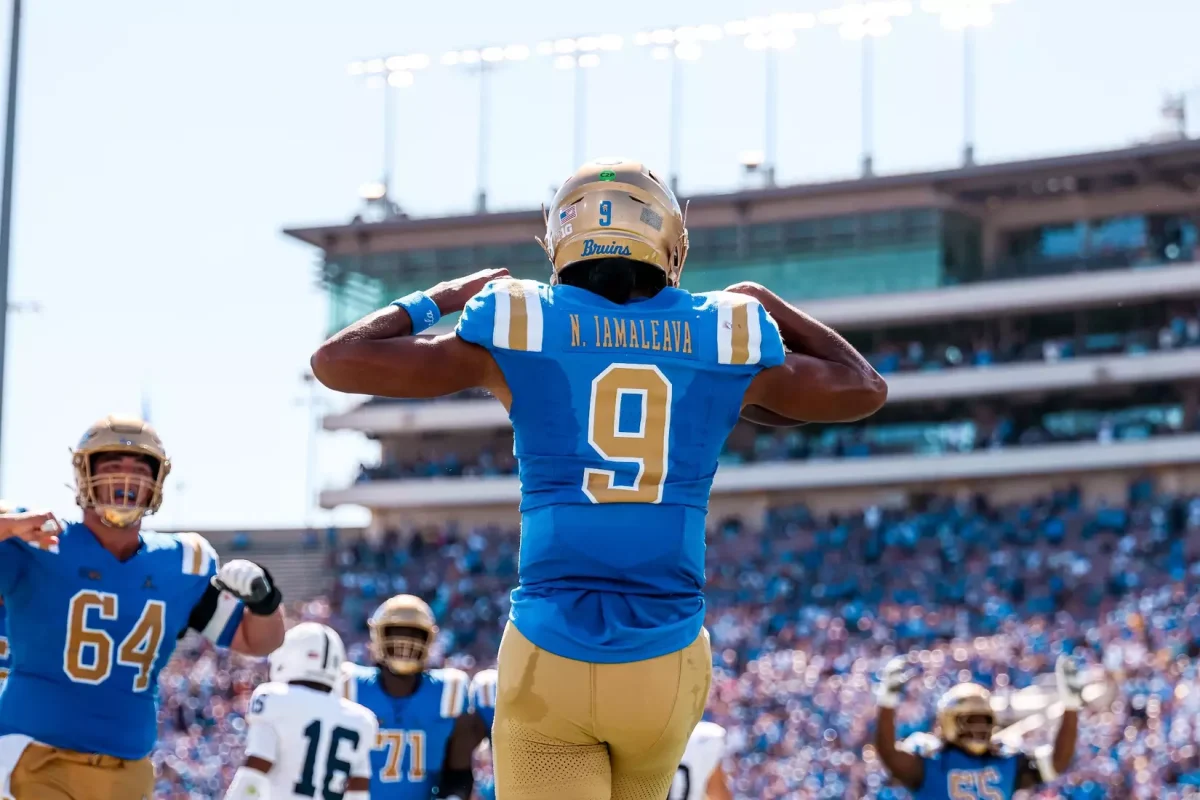
How much power does the President have? Should they be allowed to have all this power? Merely days ago, President Joe Biden made headlines by pardoning his son, Hunter Biden, who has been involved in two significant ongoing criminal prosecutions. This decision has sparked a lot of discussion and debate regarding the extent and implications of presidential pardons. Over the last few days, many people have focused on President Biden’s actions, and questioned if they were reasonable.
Pardons are granted to the President by the United States Constitution, allowing them to take away the consequences of a conviction. Throughout American history, presidents have used this authority to correct errors made by the legal system. Many critics, however, believe that Hunter Biden’s pardon goes beyond the typical uses of this power. There are concerns about potential discrimination and how this act will impact trust in the legal system.
Hunter Biden was under two critical allegations. One for buying a firearm while under the influence, raising major worries about federal firearms laws and individuals’ responsibilities when dealing with substance dependency. The second indictment included several charges of tax evasion. Former President Donald Trump appointed David Weiss, an attorney, to lead the investigations during his previous term in office. The investigation into Hunter Biden’s activities and suspected legal violations were not ignored by other government officials, either. Two IRS whistleblowers, Joseph Ziegler and Gary Shapley, raised concern about the Justice Department’s behaviors. They stated that there were efforts to shield Hunter Biden from the full consequences of his behavior. Their statements led to concerns about accountability inside prominent political families.
Since taking office, President Biden has stuck to his promise to not pardon his son. He made it clear that he will respect the Justice Department’s choices on his son’s legal issues. This lasted until December 1st when President Biden issued a public statement announcing that he would pardon his son. In this statement, he stated that his cause for pardoning his son was valid. He went on to express his thoughts over the incident, asserting that he couldn’t stand and watch his son’s “unfair” treatment. He felt strongly that Hunter Biden’s situation had not been handled appropriately, motivating Biden to reconsider his previous decision not to pardon his son. This pardon is a significant moment in Biden’s presidency, reflecting his connection to his son’s struggles and his changing views on justice and fairness.
Sources:
https://www.nytimes.com/2024/12/02/us/politics/hunter-biden-pardon-decision.html




















































